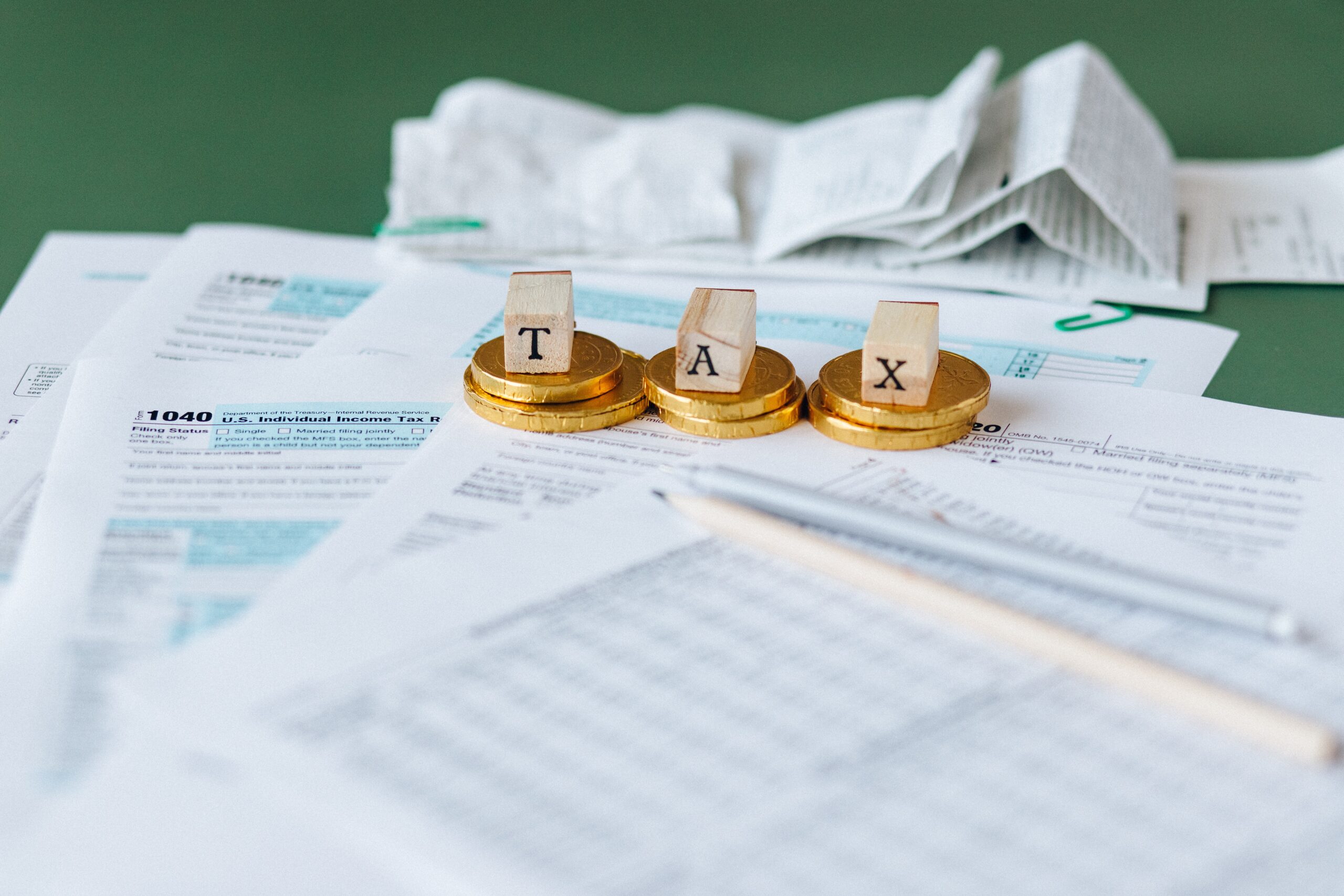Introduction
Taxation is an essential element in a country’s financial infrastructure, as it provides the government with the necessary funds to support public services and infrastructure development. In Sri Lanka, the Inland Revenue Department plays a crucial role in collecting taxes and regulating tax rates. Tax rates can significantly impact individuals and businesses, so it is essential to stay informed about any changes. In this article, we will explore recent changes in tax rates in Sri Lanka and their implications.
Recent Changes in Tax Rates
Sri Lanka has witnessed several changes in tax rates in recent years, with a particular focus on income tax, corporate tax, and the Value Added Tax (VAT). Understanding these changes is vital for taxpayers and businesses operating in the country.
Income Tax
Income tax is one of the most significant sources of revenue for the Sri Lankan government. The income tax rates can vary depending on an individual’s or business’s taxable income. The government has periodically adjusted these rates to meet revenue requirements and economic objectives. Recent changes in income tax rates have aimed to make the system fairer and more progressive.
Corporate Tax
The corporate tax rate is another essential aspect of taxation in Sri Lanka, as it affects businesses of all sizes. The government has made changes to corporate tax rates to encourage foreign investment, support local businesses, and stimulate economic growth. It’s crucial for businesses to stay updated on these changes to make informed financial decisions.
Value Added Tax (VAT)
Value Added Tax is a consumption tax levied on the value added to goods and services at each stage of production or distribution. Changes in VAT rates can impact consumer prices and the overall cost of living. Understanding these changes is essential for both businesses and consumers.
Implications of Tax Rate Changes
Economic Impact
Changes in tax rates can significantly impact the economy. A reduction in income tax rates, for example, can put more money in the hands of consumers, potentially stimulating spending and economic growth. Conversely, an increase in corporate tax rates might deter businesses from investing in the country.
Financial Planning
Individuals and businesses need to adapt to changes in tax rates to ensure their financial planning remains effective. This might include adjusting investment strategies, managing cash flow, and exploring tax-efficient financial instruments.
Compliance
The Inland Revenue Department’s regulations are continually evolving, and individuals and businesses must stay compliant with the latest tax laws. Failure to do so can result in penalties, fines, or legal consequences.
Tax Efficiency
Understanding the tax system’s nuances can help individuals and businesses optimize their tax efficiency, potentially reducing their tax liability legally. This can involve claiming available deductions and exemptions and making strategic financial decisions.
Conclusion
In conclusion, changes in tax rates in Sri Lanka have far-reaching implications for individuals and businesses. Staying informed about these changes is vital for financial planning, compliance, and tax efficiency. The Inland Revenue Department plays a crucial role in regulating these rates and ensuring the collection of necessary revenue for the country’s development. As tax laws continue to evolve, it is advisable to seek professional advice and stay updated with the latest tax regulations to make informed financial decisions.




